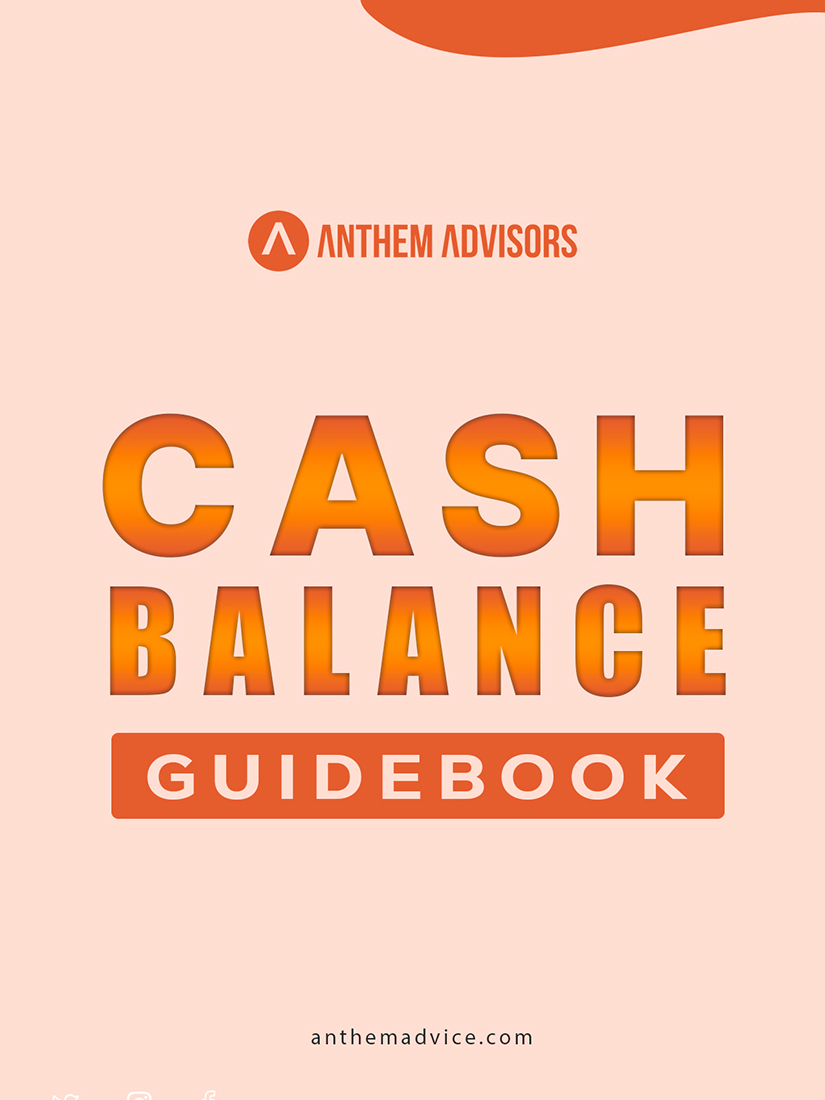Retirement is a significant life event that requires careful planning and preparation to ensure a smooth transition and a financially secure future. Whether you’re approaching retirement age or envisioning it in the distant future, understanding essential retirement planning tips, financial retirement advice, and a retirement readiness checklist can help you navigate this phase of life with confidence and peace of mind.
1. Retirement Planning Tips
Retirement planning is a multifaceted process that encompasses various aspects of financial and lifestyle considerations. Here are some crucial retirement planning tips to keep in mind:
- Start Early and Save Consistently: The earlier you start saving for retirement, the more time your investments have to grow through compound interest. Consistent contributions to retirement accounts such as 401(k)s, IRAs, or other retirement savings vehicles can significantly impact your retirement nest egg.
- Estimate Your Retirement Expenses: Understand your anticipated retirement expenses, including housing, healthcare, daily living costs, travel, and leisure activities. Creating a detailed budget can help you determine how much you need to save and what lifestyle adjustments you may need to make.
- Diversify Your Investments: Diversification is key to managing risk in your investment portfolio. Spread your investments across different asset classes such as stocks, bonds, real estate, and alternative investments to minimize exposure to market volatility.
- Plan for Healthcare Costs: Healthcare expenses tend to increase with age, so it’s essential to factor in potential medical costs when planning for retirement. Consider purchasing long-term care insurance to cover expenses not covered by Medicare or other health insurance plans.
- Create a Withdrawal Strategy: Develop a sustainable withdrawal strategy for tapping into your retirement savings during retirement. The 4% rule is a common guideline, suggesting that withdrawing 4% of your savings annually should provide a steady income stream while preserving your principal.
2. Financial Retirement Advice
Navigating the financial aspects of retirement requires careful consideration and informed decision-making. Here are some key pieces of financial retirement advice to help you prepare:
- Maximize Retirement Account Contributions: Take advantage of employer-sponsored retirement plans such as 401(k)s, especially if your employer offers matching contributions. Contribute enough to receive the full match, as this is essentially free money that can boost your retirement savings.
- Reduce Debt Before Retiring: Pay off high-interest debts like credit cards and loans before you retire to minimize financial burdens and free up more of your retirement income for living expenses and leisure activities.
- Plan for Multiple Income Streams: Consider diversifying your sources of income in retirement. This could include pension payments, Social Security benefits, investment income, rental income, part-time work, or consulting gigs. Having multiple income streams can provide added financial security.
- Review and Update Your Estate Plan: Ensure your estate plan is up to date and reflects your current wishes regarding inheritance, healthcare directives, and charitable giving. Review beneficiary designations on retirement accounts and insurance policies to avoid unintended consequences.
- Stay Informed and Adaptive: Keep abreast of changes in tax laws, investment trends, and economic conditions that may impact your retirement plans. Regularly review your financial situation and adjust your retirement strategy as needed to stay on track toward your goals.
3. Retirement Readiness Checklist
Assessing your retirement readiness involves evaluating various aspects of your financial and personal situation. Use this retirement readiness checklist to gauge your preparedness:
- Financial Health: Review your retirement savings, investment accounts, and projected income sources. Calculate your retirement savings rate and ensure it aligns with your retirement goals.
- Debt Management: Determine your outstanding debts and create a plan to pay them off before retirement. Prioritize high-interest debts and explore strategies to reduce interest payments.
- Income Sources: Identify all potential sources of retirement income, including Social Security benefits, pensions, retirement accounts, investments, rental income, and any other streams of revenue.
- Healthcare Planning: Evaluate your current health insurance coverage and consider additional coverage options for retirement, such as Medicare supplements or long-term care insurance.
- Lifestyle Considerations: Think about your desired retirement lifestyle, including where you want to live, travel plans, hobbies, and leisure activities. Estimate the associated costs and ensure your retirement budget accommodates these lifestyle choices.
- Estate Planning: Review your estate plan, will, trust documents, and beneficiary designations to ensure they reflect your wishes and provide for your loved ones.
- Social Security Strategy: Understand the implications of when to start claiming Social Security benefits. Consider factors such as longevity, financial needs, and potential benefits for surviving spouses.
- Emergency Fund: Maintain an emergency fund to cover unexpected expenses or financial setbacks during retirement. Aim to have enough savings to cover at least six months to a year of living expenses.
By incorporating these retirement planning tips, and financial retirement advice, and using the retirement readiness checklist from Anthem Advisors contact: (305) 482-3002, you can take proactive steps to enhance your retirement preparedness and create a solid foundation for a fulfilling and financial secure retirement journey. Remember that retirement planning is an ongoing process that requires regular review and adjustments as your circumstances and goals evolve.









